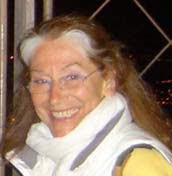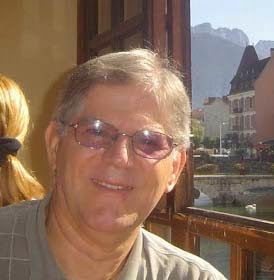
by
Madeleine Kando

I am not an expert on taxes, other than knowing that taxes, if structured right, come back to benefit the tax payer. Taxes pay for everything that is essential in a well-run society: roads, bridges, police, firefighters, schools and so on. If you lower taxes too much, you jeopardize these services and a society becomes dysfunctional. A few bananas at the top that have and control everything, and everybody else be damned.
We do not pay a lot of taxes compared to most OECD countries. Taxes accounts for about 26 percent of the United States’ GDP, placing the U.S. 31st out of 35 countries studied
(See: General Government Revenue). In countries with the highest percentages, (Denmark, France, Belgium, Finland, Austria, Italy and Sweden), taxation accounts for more than 42 percent of GDP. The countries continue to improve their quality of life,
because they pay more taxes. Their roads are better, their health care is better and cheaper, their educational system is better and cheaper. Among OECD countries, only Korea, Chile, Mexico, and Ireland collect less taxes than the United States as a percentage of GDP.
Here, we already have an anemic social safety net that leaves too many Americans without the basic needs to live a decent life. Our health care system is one of the worst of the OECD countries. Our infrastructure is appalling, our schools are underfunded and higher education is so expensive that many young people cannot afford it.
Read more...















































